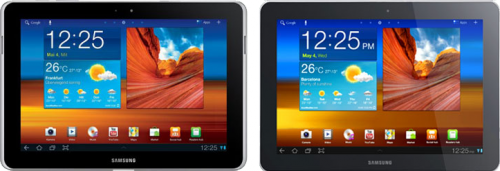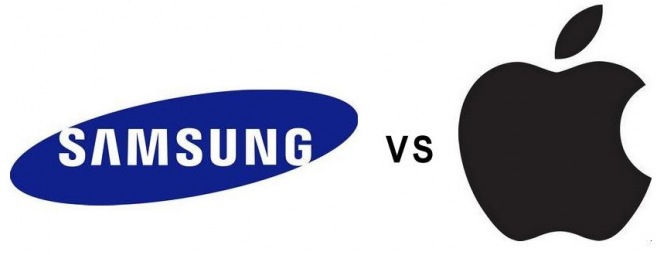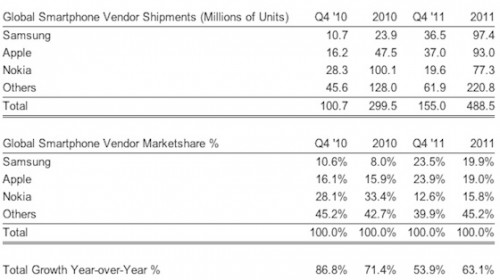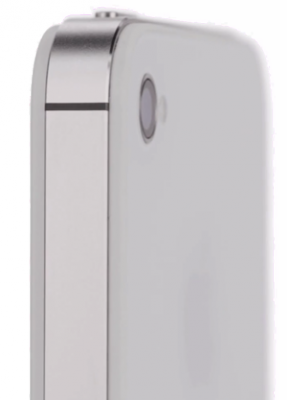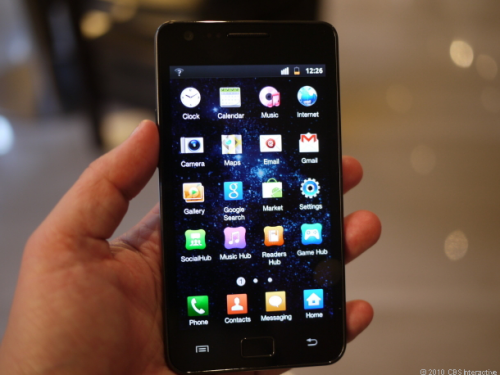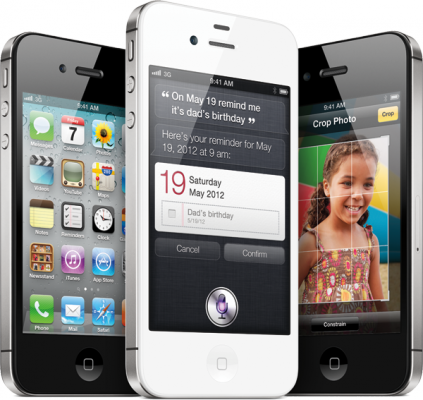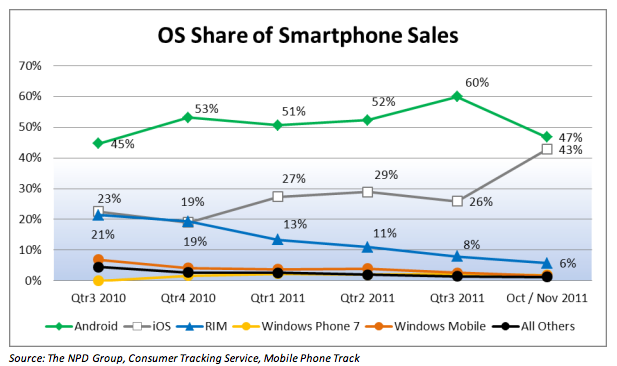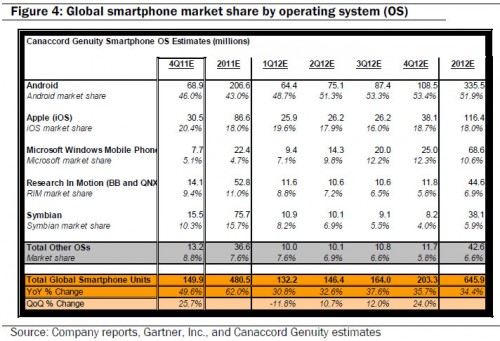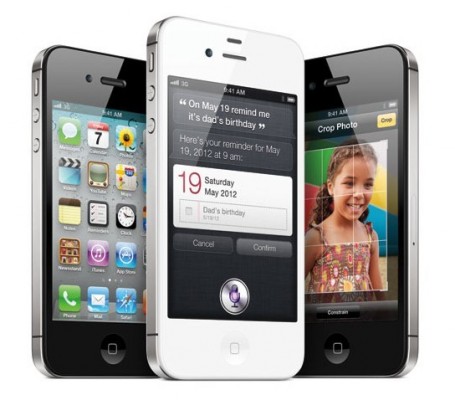News tagged ‘Samsung’
Court upholds ban of Samsung Galaxy Tab 10.1 in Germany on new grounds
A German appeals court on Tuesday upholds ban of Samsung Galaxy Tab 10.1 and 8.9 sales in Europe's biggest economy.
The decision by the Düsseldorf Higher Regional Court (DHRC) upholds a ruling from last September but does so based on Germany's unique unfair competition law rather than the earlier court's finding that Samsung committed a violation of a Community design. As such, Apple won't have success replicating the decision in other European countries, according to legal analyst Florian Mueller, as Samsung succeeded in defeating design-right claims by Apple that could have contributed to a broader, more material ruling covering most of the European Union.
European Commision Launches Investigation Into Samsung Over Essential 3G Patents
Today European Commission the launch of an investigation to determine whether Samsung has violated EU antitrust laws in its legal agreements with competing companies. The European Commission will focus on patents that must be licensed on FRAND (fair, reasonable, and non-discriminatory) terms.
 Leave a comment, read comments [2]
Leave a comment, read comments [2]
Apple Estimated to Retake Title of World's Largest Smartphone Vendor
A couple of days ago the research firm Strategy Analytics announced its estimates of the global smartphone market for the fourth quarter of 2011. The firm has found that Apple narrowly squeezed by Samsung to retake the title of world's largest smartphone vendor as measured by unit shipments. Apple's 37 million iPhones narrowly eclipsed Samsung's quarterly smartphone shipments of 36.5 million units.
Neil Mawston, Executive Director at Strategy Analytics, added, “While Apple took the top spot in smartphones on a quarterly basis, Samsung became the market leader in annual terms for the first time with 20 percent global share during 2011. With global smartphone shipments nearing half a billion units in 2011, Samsung is now well positioned alongside Apple in a two-horse race at the forefront of one of the world’s largest and most valuable consumer electronics markets.”
In the second quarter of 2011 Apple passed Nokia and is holding off Samsung now. But in the third quarter Samsung easily passed Apple, and Samsung’s continued growth paired with a pause in iPhone sales ahead of the iPhone 4S launch. The iPhone 4S launch could help Apple to retake the lead from Samsung in the fourth quarter, although it was not able to top the charts for full-year 2011.
Apple Became The World's Top Semiconductor Consumer In 2011
Given the increasing popularity of Apple’s mobile devices and growing demand for smartphones, it is no surprise that Apple is raising its expenses on chips. The research firm Gartner that Apple is now the largest buyer of semiconductors in the world as measured on the basis of Design TAM, or total silicon content in all devices designed by Apple and its rivals. In 2011, Apple spent $17 billion on silicon parts, which accounts for 5.7% of total silicon buying.
NYTimes: Why Apple builds its products in China
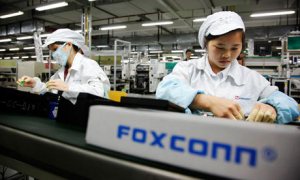
The NY published an absolutely fascinating article, explaining why Apple builds almost all of its stuff in China. The short of it is that companies like Apple simply cannot manufacture products in the United States. The cost is not the reason, however. Years ago, the Chinese government subsidized building cities of factories that can hire 3,000 workers to live in a dorm in a day —or 8,700 Industrial Engineers in two weeks (it would take 9 months in the U.S.).
The most interesting tale might have been the last minute decision to make the iPhones display glass:
In 2007, a little over a month before the iPhone was scheduled to appear in stores, Mr. Jobs beckoned a handful of lieutenants into an office. For weeks, he had been carrying a prototype of the device in his pocket.
Mr. Jobs angrily held up his iPhone, angling it so everyone could see the dozens of tiny scratches marring its plastic screen, according to someone who attended the meeting. He then pulled his keys from his jeans.
German court tosses Samsung's 3G-related lawsuit against Apple
On Friday German Judge Andreas Voss rejected Samsung's numerous lawsuits against Apple in Germany, accusing the iPhone maker of violating a patent related to 3G/UMTS wireless communications. The lawsuit included 7 different patents; six of these patents are tied up in four other lawsuits. Though Voss did not provide a reasoning for his pronouncement, if he had determined that Samsung's 3G patent was invalid, the outcome of the lawsuit would have been a stay rather than a rejection.
"There are two reasonably likely possibilities: either Apple's products weren't deemed to infringe on the patent in a technical sense or the court believes Samsung's rights are exhausted and Apple has, by extension, a technical license," Mueller wrote.
New Apple suit claims Galaxy Nexus infringes on 'slide-to-unlock' feature
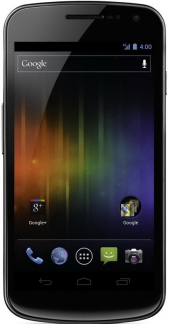
Mere hours after serving up a ruling on Friday for a failed Samsung lawsuit against Apple, the Mannheim Regional Court held a hearing about Apple’s complaint against Samsung’s Galaxy Nexus. It is the first time when Apple has named the South Korean electronics manufacturer's flagship Android handset in a lawsuit, claiming the device infringes the iPhone maker's "slide-to-unlock" utility model that was first introduced with the original iPhone in 2007 and subsequently patented with the U.S. Patent and Trademark Office in October 2011
Examinations of utility model registrations are not as stringent as patent filings and don't carry a presumption of validity which is necessary for a court ruling. Thus the Mannheim court does not foresee an immediate decision in the "slide-to-unlock" suit as it believes the validity or invalidity of the invention is too close to call.
Apple targets Galaxy S II, 9 other Samsung smartphones in new German suit
Apple has filed a new suit in the Dusseldorf Regional Court against Samsung. The suit cites multiple patented designs owned by Apple in Europe. This time the company asked a German court to ban the sale of the Galaxy S II and nine other smartphones, along with five tablet models, including the Galaxy Tab 10.1 and its redesigned version the Galaxy Tab 10.1N – Samsung's attempt to overcome ban on tablet sales. As far as you remember, Samsung redesigned the tablet and renamed it. Those changes were apparently enough for the court in Germany, which indicated last month that the Galaxy Tab 10.1 is not likely to be banned from sale. The suit also targets Samsung's Galaxy S Plus in addition to the Galaxy S II.
Smartphone makers plan to mirror Apple's approach with fewer models each year
DigiTimes reported on Friday that HTC, Research in Motion, Sony and Motorola Mobility are planning to change their strategies by reducing the number of new handsets that they produce in an attempt to repeat success of Apple’s products. As far as we know, the company releases just one iPhone model each year, while other mobile manufactures produce plethora of smartphones, which often differ from each other with minor changes.
Such strategy will allow increasing sales and saving money on development and marketing costs. The companies also expect to be more efficient in obtaining components and shipping products.
Apple awarded 676 patents in 2011

According to the U.S. Patent and Trademark Office, Apple was awarded a total of 676 patents in 2011. Now Apple is No. 39 among companies awarded inventions in the U.S., comparing with the last year result, when Apple won 563 patents and was ranked the No. 46 global company in terms of inventions.
The No. 1 inventor in America was IBM, which was awarded 6,180 patents in 2011. The second place belongs to Samsung, which won 4,894 inventions outside of its home country of Korea. The third place took Canon with 2,821 patents. Panasonic came in the fourth place with 2,559, while Toshiba took fifth with 2,483 inventions. Microsoft is in the sixth place, with 2,311 patents, Hewlett-Packard with 1,308 patents in 14th place, Intel with 1,244 patents in 16th place, and AT&T, whose 721 patents put it in 35th.
iPhone 4S Significantly Increased Apple’s U.S. Smartphone Share During October-November
According to latest data from research firm NPD, iPhone 4S is turning the tables in the tough competition between Samsung and Apple. Analyzing U.S. smartphone sales data for November and October, the NPD found out that iOS considerably increased its share in U.S. smartphone sales, while the Android platform lost significant share to Apple ().
54% of future smartphone buyers will choose Apple's iPhone
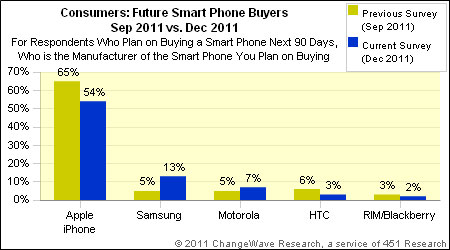
ChangeWave Research yesterday released the results of its new survey of North American smartphone customers. The survey demonstrates that over a half of those looking to purchase a smartphone over the next 90 days are planning to buy an iPhone 4S. But the 54% share of future buying plans held by Apple as of December was down from 65% in September.
The late December survey looked at smart phone demand trends going forward, and finds Apple iPhone demand remains incredibly strong more than two months after the iPhone 4S release.
Among respondents planning to buy a new smart phone in the next 90 days, better than one-in-two (54%; down 11-pts) say they'll get an iPhone.
Apple has never dominated smart phone planned buying to this extent more than two months after a major new release.
Apple projected to reach 116M iPhone, 55M iPad sales in 2012
Analyst Michael Walkley with Canaccord Genuity expects that combined iPhone and iPad sales in calendar 2012 to reach more than 170 million in another record breaking 12-month span. He sees 2012 being another banner year for Apple, with sales of 116.4 million iPhones and 54.6 million iPads. Walkley believes that iOS mobile operating system share will reach 18 percent, and will take the second place behind only Google's Android with 51.9 percent on sales of 335.5 million handsets.
"We believe Apple sold through at least (12 million) iPhone units in the U.S. market during the December quarter," Walkley wrote. "With some channel inventory built for the new 4S, we believe the U.S. market could exceed (14 million) iPhones sold into the channel during the December quarter."
Samsung denied iPhone ban in Italy
Italian news agency ANSA published on Thursday a report where it revealed that an the Milan-based Italian first-instance court for patent cases has denied Samsung's request for a preliminary injunction against the iPhone 4S, making it the third time the South Korean electronics maker has failed to obtain a ban on Apple's newest handset in Europe.
The Italian court's rejection marks the third straight loss for Samsung in its effort to curb Apple handset sales in Europe, and follows similar decisions by France's Tribunal de Grande Instance de Paris in December 2011 and Dutch court Rechtbank's-Gravenhage's ruling in October.
Both companies are embroiled in a worldwide patent war, though thus far only Apple has seen success in its injunction requests and won bans against Samsung's Galaxy Tab 10.1 in Germany, Australia and the Netherlands.
However, Apple is only slightly ahead of Samsung. The Cupertino Company will have to pay Samsung a significant amount in damages if courts in those states find that the preliminary injunctions were improperly granted. As you may remember, the patent war erupted when Apple filed a suit against Samsung in April 2011, alleging that the South Korean company blatantly copied the look and feel of the iPhone and iPad. The war now spans over 10 countries across four continents.
Foxconn Likely to Win Contract for Building Apple Television Set
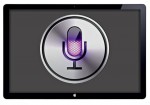
Digitimes now claims that it has obtained new portion of information on the rumored Apple’s television. The main role in manufacturing and assembling of the new TVs is expected to be played by Foxconn, Apple's primary iOS device manufacturing partner. The company is likely to win the contract for assembly of the television set products.
Following sources' claims that Samsung Electronics and Sharp will manufacture chips and displays, respectively, for the so-called Apple "iTV," others have suggested that Taiwan Semiconductor Manufacturing Company (TSMC), Advanced Semiconductor Engineering (ASE) and Siliconware Precision Industries (SPIL) have the potential to win orders for Apple's smart TV.
Foxconn Electronics (Hon Hai Precision Industry) likely will obtain assembly orders for the Apple smart TV, according to industry sources.
We have already reported that Apple is going to finalize Apple’s TV design by the end of the second quarter and launch the television sets by the end of the year. Moreover, the analyst Shaw Wu at Sterne Agee has suggested that Apple may be interested in disrupting the television industry on the content side by launching its own television services which, obviously, will be connected with Siri.
"This is obviously much more complicated (than current offerings) from a licensing standpoint," Wu wrote in a note to investors on Wednesday. "And in our view, would change the game for television and give AAPL a big leg-up against the competition."
Hardware and technology are not the issues holding back Apple from releasing a television set, he said. Instead, Apple must negotiate unique content deals that will allow the company to differentiate its product from other televisions on the market.
